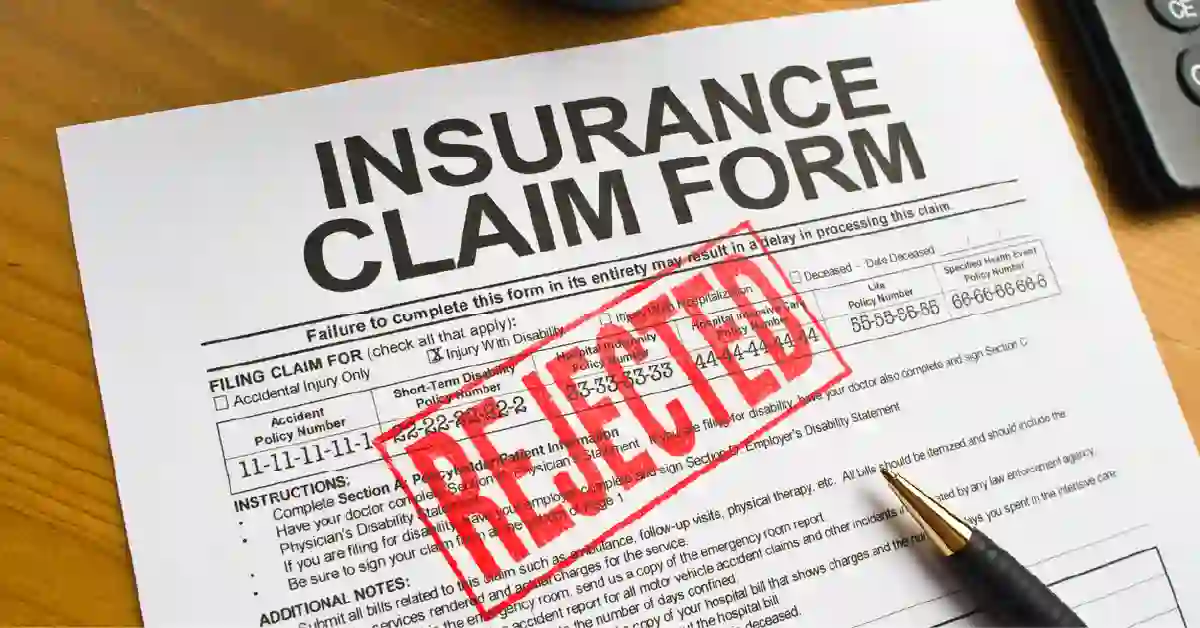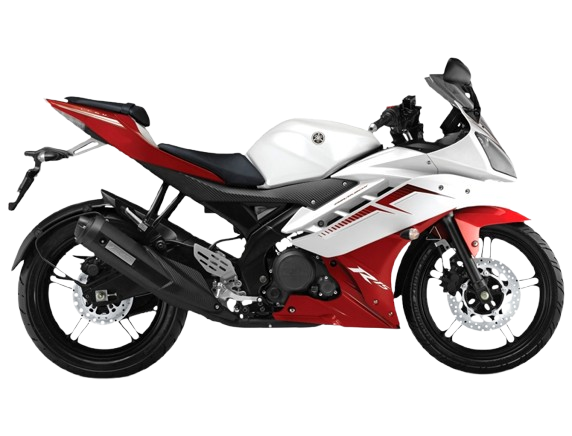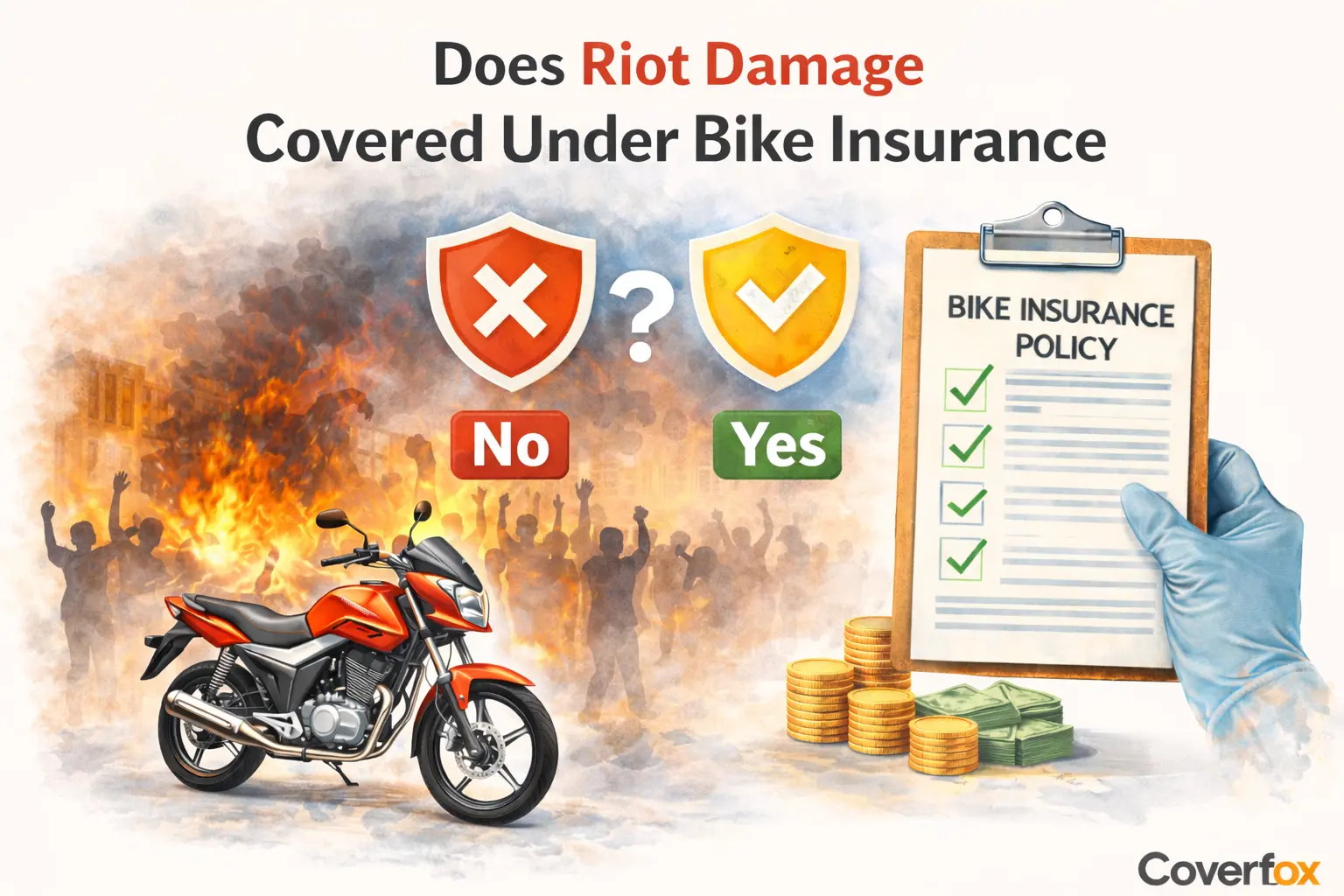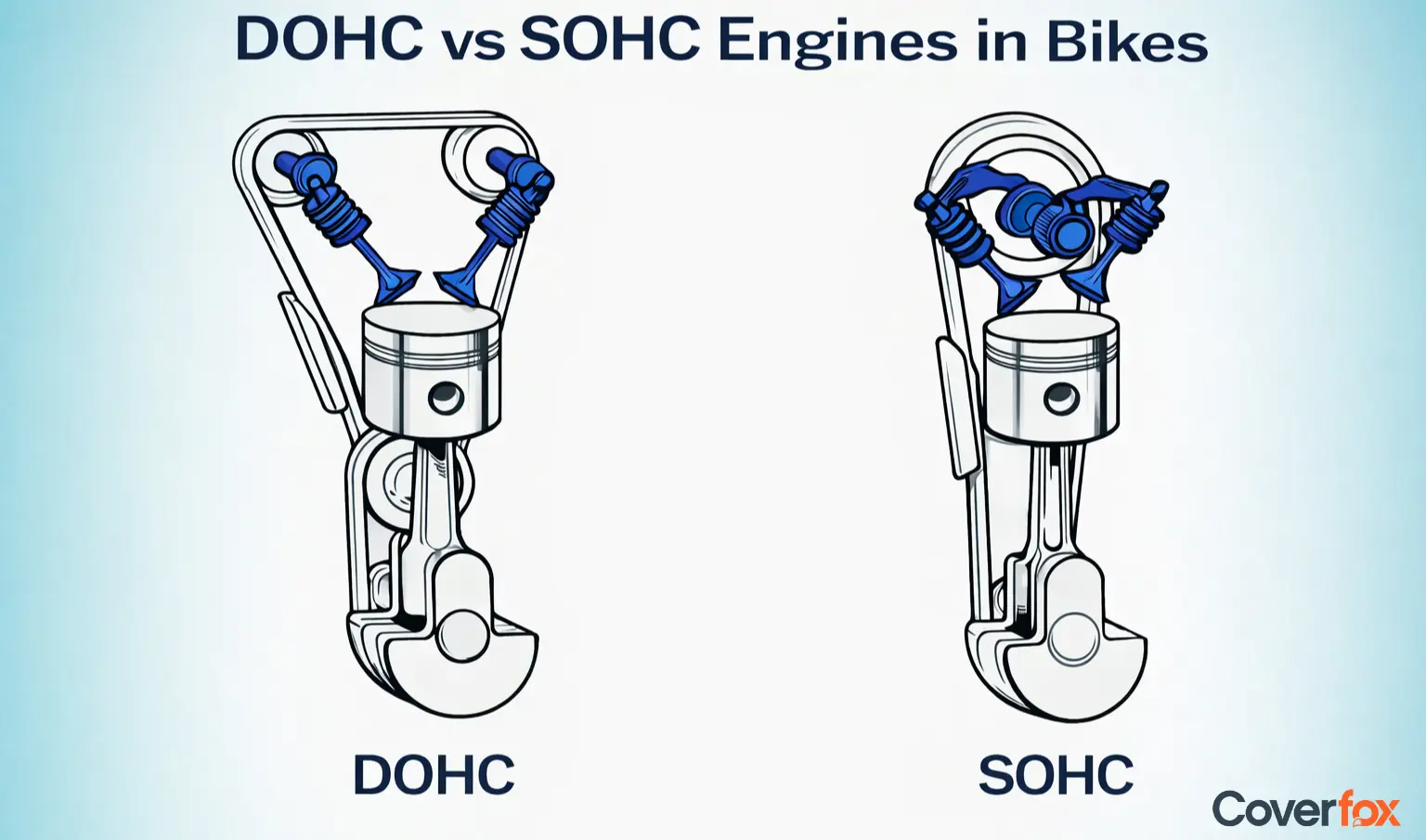This article will outline and bring to light the common reasons as to why bike insurance claims go in vain and also comes up with actionable insights into avoiding these pitfalls.

Owning a bike gives one complete liberty and convenience but brings the onus of protecting it by proper insurance. Bike insurance relieves the financial stress caused by accidents, theft, or damage. Many, however, face the jarring shock of a denied claim. Understanding why a claim is denied can prevent one from getting into such situations and ensure a smooth claims process.
1. Incomplete Documentation and Ignoring the Claim Process
One of the most common reasons for bike insurance claim rejection is incomplete or incorrect documentation, or not following the insurer’s claim process.
To successfully file a bike insurance claim, there are several key requirements you must meet. These include providing a copy of your bike insurance policy, submitting an FIR in the event of theft or an accident, presenting your driving license, completing the claim form, and providing repair bills or invoices if applicable.
It's essential to note that failing to inform your insurer before repairs, providing false information, or neglecting to submit the required FIR may result in your claim being rejected. To avoid this, ensure that all documents are properly organized, double-check the accuracy of details like your policy number and bike registration, and meticulously follow the claim process as outlined by your insurer.
2. Riding Without Valid Licence
If the rider does not hold a valid driving licence at the time of the incident, the bike insurance claim will be rejected immediately. Riding without a licence is illegal and nullifies your coverage.
A driving license is crucial because it serves as proof that the rider is legally authorized to operate a two-wheeler. Riding without a valid license is not only illegal but can also invalidate your bike insurance claim.
In the event of an accident or theft, your insurer may refuse to process the claim if you are found riding without a valid license. To avoid such issues, always ensure that you carry your driving license while riding and renew it well before it expires to prevent unnecessary complications.
3. Two Wheeler Insurance Policy Expiry
Another major reason for bike insurance claim rejection is when the policy has expired or lapsed.
Understanding policy lapse is crucial because once your bike insurance policy expires, you lose coverage for damages, theft, and third-party liabilities. Any claims made after the expiration date will be automatically rejected.
To avoid this situation, it's essential to renew your two-wheeler insurance policy on time. Many insurers send reminders via SMS or email, so it's important to stay alert to these notifications. Additionally, consider opting for long-term bike insurance policies, which can help reduce the risk of a policy lapse and ensure continuous coverage.
4. Unauthorised Repairs and Delayed Claim Initiation
Getting your bike repaired without notifying the insurer, taking too long to initiate the claim process or taking it to unauthorised garages can lead to claim rejection for your bike insurance.
Bike insurance claims are often rejected due to specific procedural lapses by the policyholder. One common reason is getting the vehicle repaired without informing the insurer, especially when network garages are already tied up with the insurer for approved cashless repairs.
If you bypass this process, your claim can be denied. Additionally, delayed reporting of theft or accidents makes it difficult for insurers to validate the incident, increasing the likelihood of claim rejection.
To avoid such issues, always report any incident to your insurer as soon as possible, ideally before taking the vehicle for repair. Ensure that repairs are carried out at an authorised network garage listed in your policy to stay eligible for a hassle-free claim process.
5. Negligence and Reckless Riding
If the damage happened because of negligence or reckless behaviour, the bike insurance claim may be rejected.
Certain actions can lead to the outright rejection of your bike insurance claim. Examples include riding under the influence of alcohol or drugs, over-speeding, violating traffic rules, or participating in illegal racing.
These are considered unlawful or reckless acts, and insurance providers clearly exclude coverage for any damages resulting from such behavior. To ensure your claim remains valid and to stay protected on the road, always follow traffic rules and ride responsibly.
6. Use of Vehicle Beyond Policy Coverage
Using your bike for purposes not covered under your two wheeler insurance policy can also lead to claim rejection.
Using your bike in ways not covered by your insurance policy can lead to claim rejection. For instance, using a privately insured bike for commercial activities like deliveries or making unauthorised modifications to the vehicle can void your coverage.
Insurance policies are designed based on the declared purpose and condition of the vehicle, and any deviation from that can be considered a breach of terms. To avoid complications, always be clear about the intended usage of your bike when purchasing the policy.
If the bike is used for commercial purposes, opt for a commercial vehicle insurance policy to ensure proper coverage.
7. Pre-Existing Damages
Bike insurance claims for pre-existing damage will not be accepted by your insurer. For example, if your bike already has a dent or scratch, you cannot falsely claim it as damage resulting from a new accident.
Insurance is meant to cover only new, unforeseen damages—not wear and tear or previously existing issues. To avoid disputes during the claim process, it's important to get your bike thoroughly inspected at the time of policy purchase and renewals.
Ensure that any existing damage is clearly recorded in the inspection report so that there's a transparent record of the bike's condition.
8. Non-Disclosure of Information
Concealing important details such as previous insurance claims, modifications to the bike, or relevant medical conditions can lead to the rejection of your two-wheeler insurance claim. Insurers rely on accurate and complete information to assess risk before issuing a policy.
Providing false information or deliberately hiding key facts not only increases the chances of claim denial but can also result in your policy being declared null and void.
To avoid such consequences, always be honest and transparent when purchasing or renewing your policy. Ensure all details related to the vehicle, its usage, and your personal history are accurately disclosed.
9. Fraudulent or Inflated Claims
Submitting fraudulent information in a bike insurance claim—such as exaggerating repair costs, staging an accident, or providing false details—can lead to immediate claim rejection.
Insurance companies have strict verification processes, and if fraud is detected, not only will your claim be denied, but you could also face legal action. Such actions severely impact your credibility and future insurability.
To avoid these consequences, always be honest and accurate when reporting damages or losses. Provide only genuine bills and repair estimates to ensure a smooth and valid claims process.
10. Damages Not Covered by Bike Insurance
Your bike insurance claim can be rejected if the damage or loss falls outside the coverage mentioned in your policy. For example, a basic third-party bike insurance policy does not cover damage to your vehicle. Similarly, wear-and-tear, mechanical breakdowns, or tyre damage may not be covered unless you have opted for add-ons.
Always read the inclusions and exclusions in your policy carefully. If you need extra protection, consider comprehensive bike insurance and add-ons like zero depreciation cover or roadside assistance.
Expert Tips to Avoid Bike Insurance Claim Rejection
Here are some necessary and effective tips that will ensure your claim process goes smoothly and you avoid bike insurance claim rejections:
Read the Policy Document
Maintain Accurate Records
Renew Your Policy on Time
Report Accidents Immediately
Ride Responsibly
Understand what your bike insurance covers and what it doesn’t, so you know what to expect during a claim.
Keep your policy papers, repair bills, and receipts organized and easy to access when needed.
Set reminders to renew your insurance before it expires to avoid any coverage gaps.
Inform your insurer right away after an accident or theft to avoid claim complications.
Follow traffic rules and avoid risky behavior to keep your insurance valid and your claims protected.
Conclusion
Bike insurance claims might be rejected due to some specific reasons, most of which could be avoided with some care and responsible behaviour. The following discussion will help in understanding these common pitfalls while being transparent and following the process correctly to ensure an easy time when filing claims.
Protect your two-wheeler and ride stress-free by choosing the right insurance and following all guidelines diligently. If you haven't already secured a comprehensive bike insurance policy, check out two wheeler insurance plans on Coverfox and safeguard your prized possession today.
By staying informed and proactive, you can ensure that your bike insurance policy works effectively when you need it the most.
Read More:
Frequently Asked Questions
On what grounds can an insurance claim be rejected?
A bike insurance claim may be rejected due to incomplete documentation, expired policy, reckless riding, policy exclusions, fraudulent claims, or not following the insurer’s claim process.
How to avoid claim rejection?
You can avoid bike insurance claim rejection by renewing your policy on time, riding with a valid licence, submitting accurate documents, following the claim process, and being honest about vehicle usage.
Can an insurer reject a claim?
Yes, insurers have the right to reject a bike insurance claim if it violates the terms of the policy or falls under exclusions such as negligence, pre-existing damages, or policy lapse.
How do I know why my claim was rejected?
Insurers are required to inform you in writing about the reasons for bike insurance claim rejection, usually via email or letter, clearly stating the grounds for denial.
How do you fight a claim denial?
If you believe your bike insurance claim was unfairly rejected, you can approach your insurer’s grievance redressal team, escalate to the Insurance Ombudsman, or take the matter to consumer court.

 in Bikes.webp)
 in Bikes.webp)


.webp)
